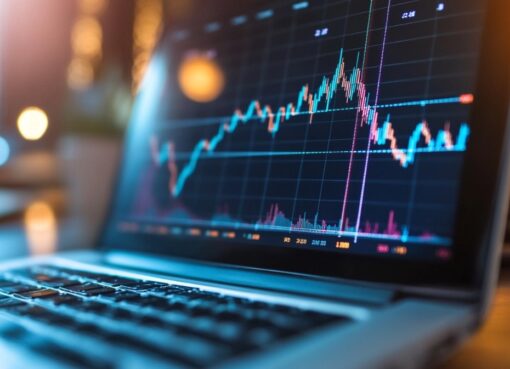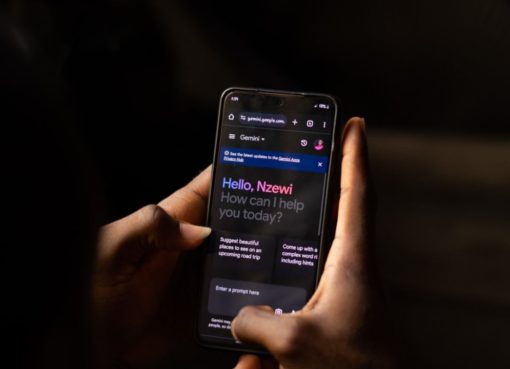The FTX founder participates in ‘prisonomics’ at a Brooklyn detention center where demand for mackerel pouches outshines interest in Bitcoin and crypto.
Convicted FTX founder Sam Bankman-Fried has battered seafood delicacies with fellow inmates during his time at the Brooklyn Metropolitan Detention Center (MDC). He exchanged it for services while awaiting his sentencing, according to the Wall Street Journal citing people familiar with the matter.
Bankman-Fried paid four mackerel pouches to a detainee for the haircut he carried at his trial in a New York federal courthouse, per the report. Bankman-Fried has seemingly substituted his crypto-investing days for prison economics as his conviction may probably bar him from leading a digital asset business for a considerable time period.
“The mack currency system is far more stable than crypto.”
Bill Baroni, a prison consultant
Baroni added that Bankman-Fried has also delivered crypto tips to prison guards on occasion.
Ahead of his court sentencing set for March 2024, the former FTX CEO shares a prison unit with the likes of Juan Orlando Hernández, the former President of Honduras accused of drug trafficking, and Genaro García Luna, an ex-government official convicted of aiding Mexico’s notorious Sinaloa cartel.
Bankman-Fried was remanded to the MDC in August 2023 after a judge found probable cause that some of his actions while released on bail translated to witness intimidation. On Nov. 3, a jury found FTX’s founder guilty on all seven criminal charges including fraud in FTX’s collapse and it is expected that Bankman-Fried could spend decades in prison.
crypto.news reported that his former top lieutenants Caroline Ellison, Gary Wang, and Nishad Singh, who cut plea deals with the U.S. Justice Department, will likely be sentenced after Bankman-Fried. All three witnesses confirmed their plea agreements during the trial and noted that jail time was uncertain due to their cooperation with the government.
Meanwhile, Bankman-Fried’s appeal for release ahead of his sentencing was denied by the U.S. Court of Appeals for the Second Circuit.




